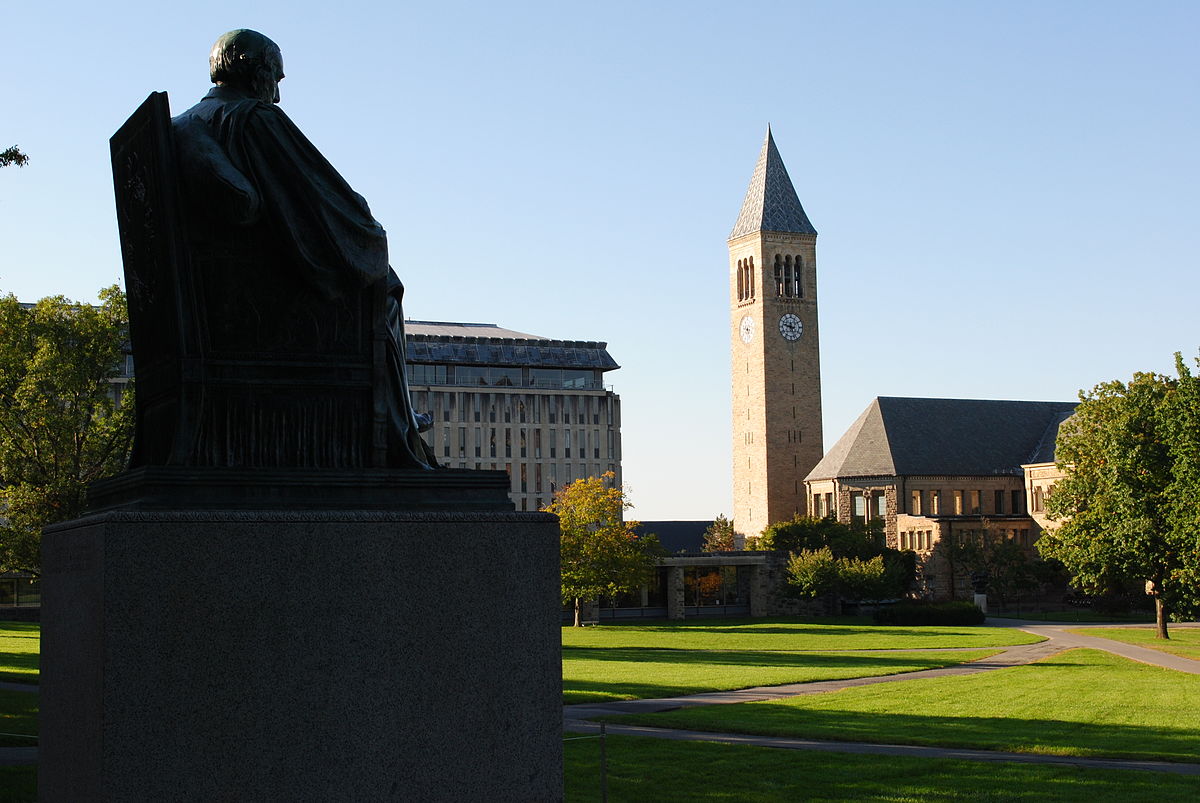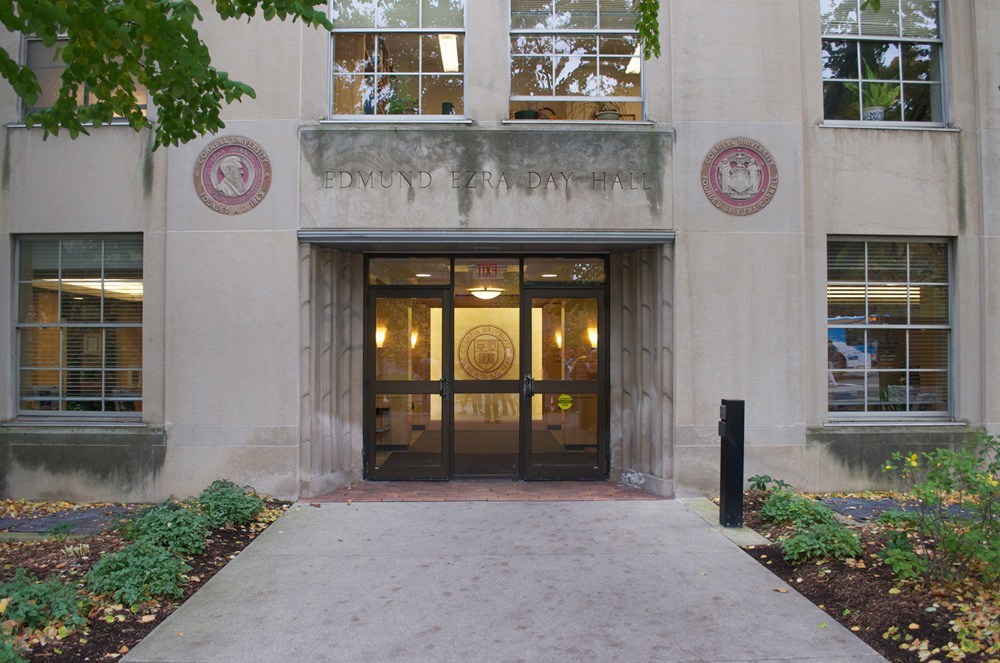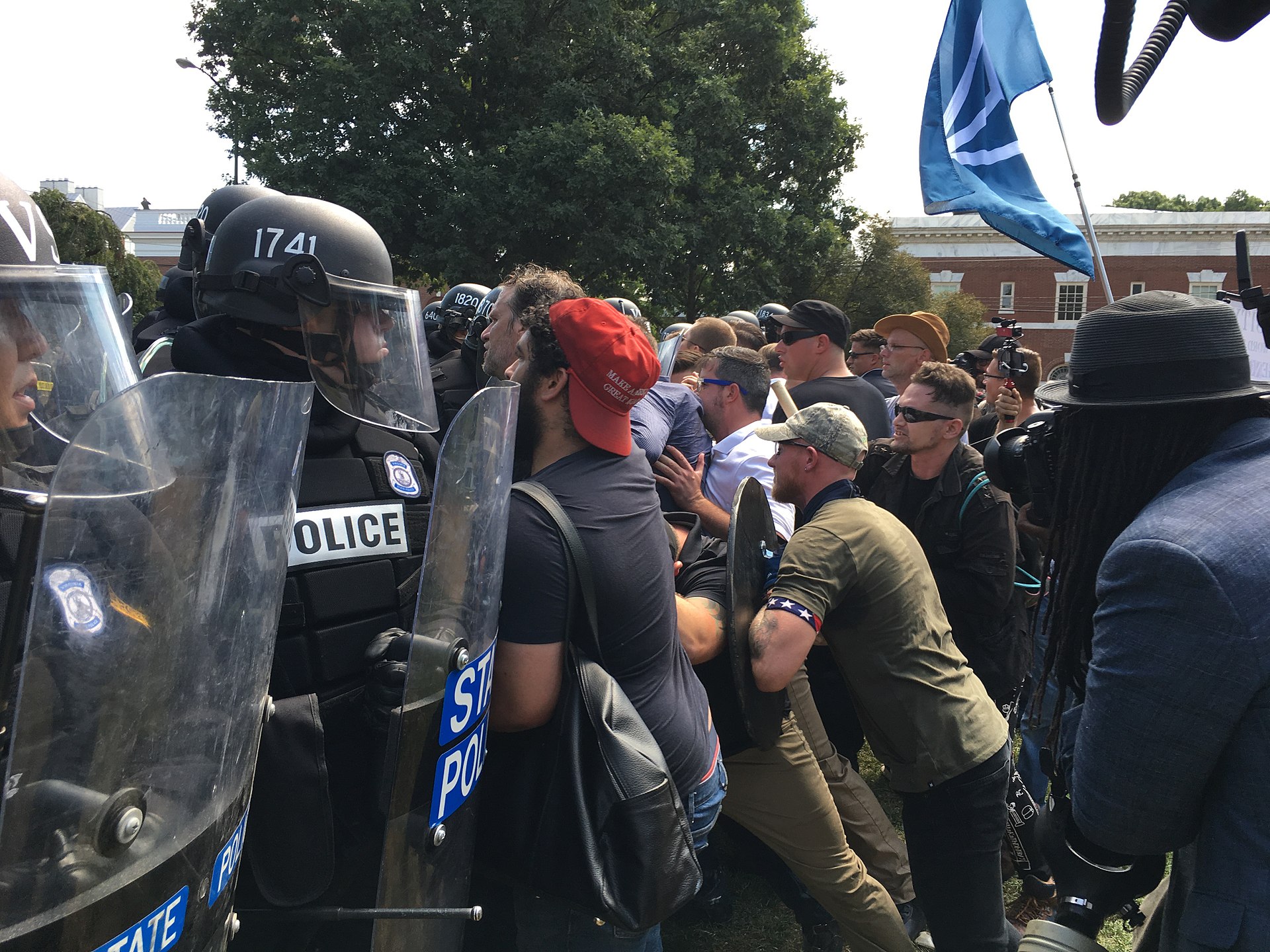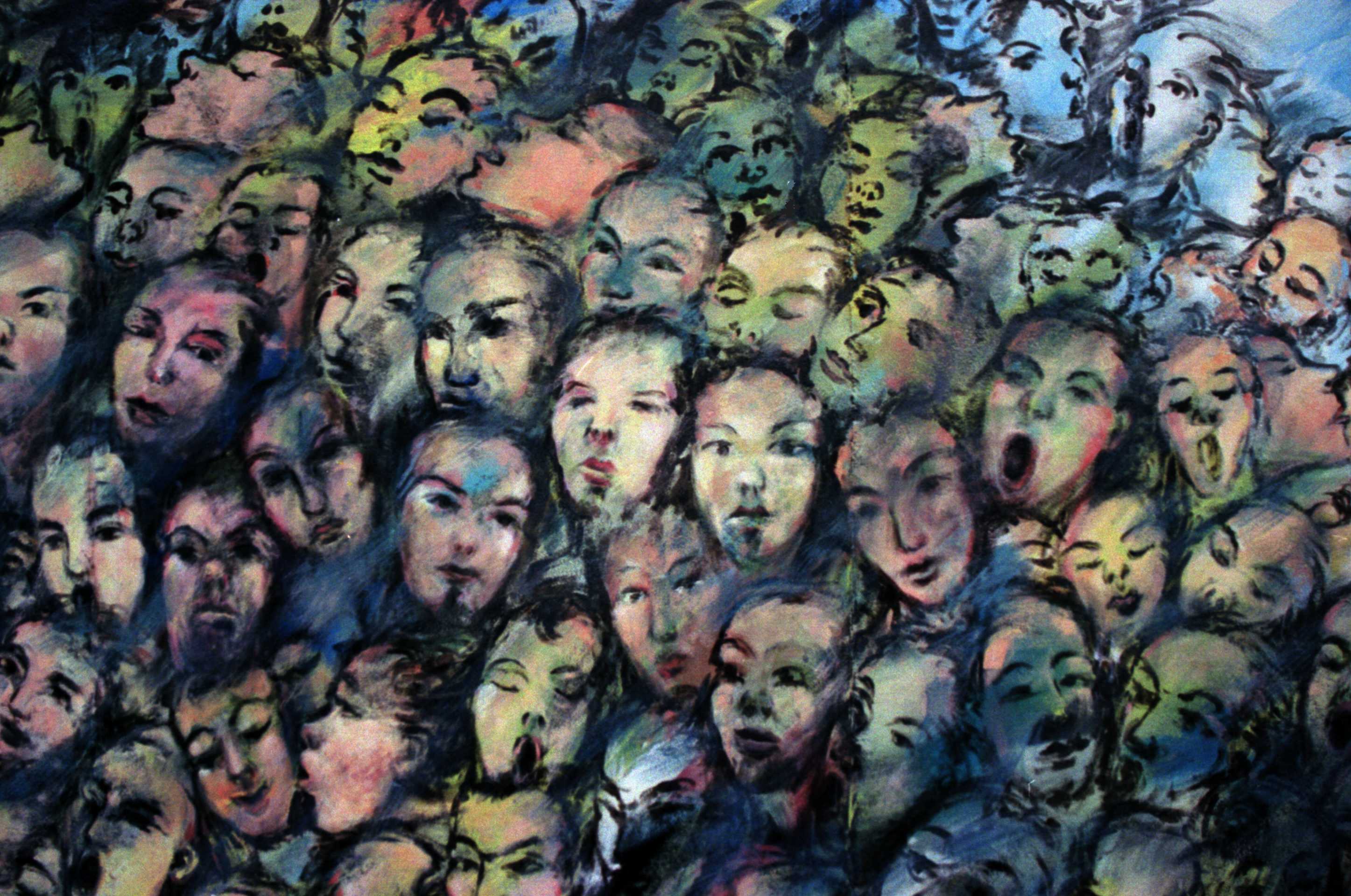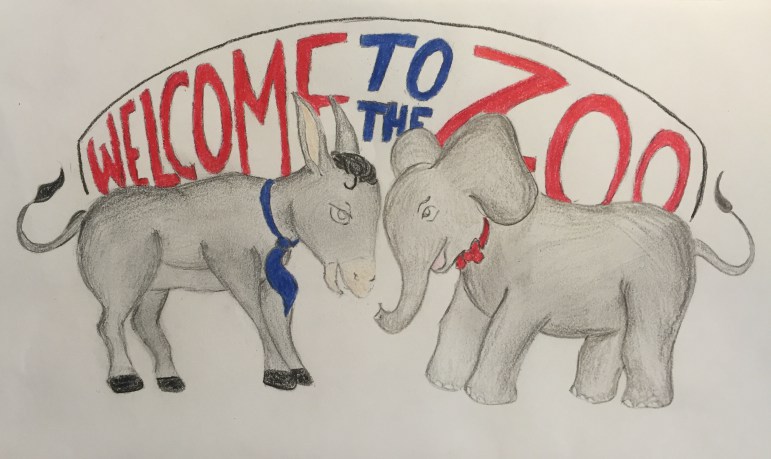Life
OUTSIDE THE MAINSTREAM | The NCAA is Anything but Abnormal
|
This week, many people criticized the NCAA for its treatment of college basketball players. LeBron James called the NCAA “corrupt.” Stan Van Gundy, the coach of the Charlotte Hornets, remarked that they there were the “worst organization” and labeled their actions as “racist.” This criticism emerged after a report revealed that dozens of players had been paid and given loans as compensation for their play. This violated NCAA policy, which does not permit players to receive any compensation outside of athletic scholarship and stipends. These NBA players and coaches who voiced their criticisms believe the system unfairly benefits administrators and universities, since the NCAA and the colleges obtain a gigantic revenue stream from college sports, especially basketball and football. These sports have a huge concentration of black players, often from poorer backgrounds, who are robbed of fair payment.

